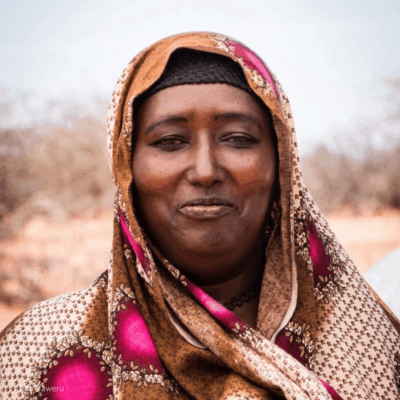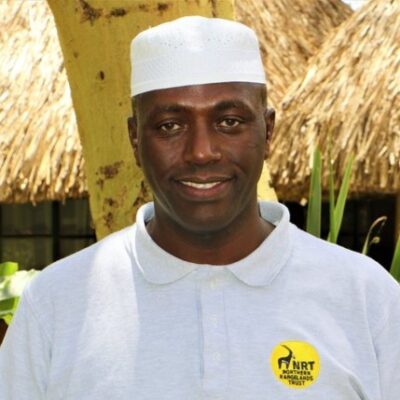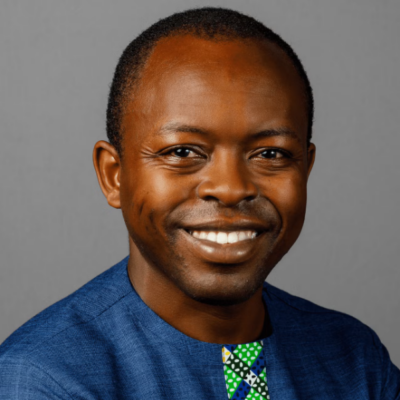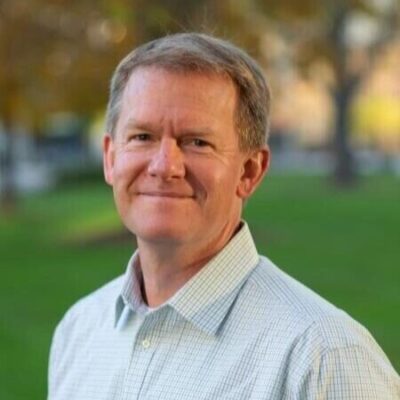Listeners:
Top listeners:
-
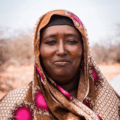 play_arrow
play_arrow
118 | Kenyan Herders Say Judgement Against Them Based on Forged Signatures / Continuation of Episode 117
-
 play_arrow
play_arrow
117 | Surviving Survival Internatinal, Part 1: Kenyan Elders Call Foul on International Media, NGOs
-
 play_arrow
play_arrow
116 | From Ticking Time Bomb to Demographic Dividend: James Mwangi and Kenya's Great Carbon Valley
-
 play_arrow
play_arrow
115 | Unpacking Donald Trump's Very Weird Environmental Orders
-
 play_arrow
play_arrow
114 | Michael Greene: Carbon Cowboy or Lone Ranger? Part 1
-
 play_arrow
play_arrow
113 | The Future of Environmental Finance: Strategies for Biodiversity and Climate Solutions, with David Hill and George Kelly
-
 play_arrow
play_arrow
112 | Fantasy Football and Dynamic Baselines: New Tools for Impact Assessment
-
 play_arrow
play_arrow
111 | The False Dichotomy Between Reductions and Removals (Rerun)
-
 play_arrow
play_arrow
110| Ecological Economics, Systems Thinking, and the Limits to Growth
-
 play_arrow
play_arrow
109 | How Brazil's Quilombola Communities are Planting the Seeds of Sustainability for Small Farms Around the World, with Vasco van Roosmalen of ReSeed
Transcript
Under the Paris Agreement, countries were asked to present their own climate action plans, and 90 percent of these action plans — technically called NDCs, for “nationally-determined contributions” — incorporated farming fixes — or shiftint to sustainable agriculture. That led to a major breakthrough this week at year-end climate talks here in Bonn, Germany, where our guest is Tonya Rawe, who runs the Food and Nutrition Security program at CARE International.
CARE is a humanitarian aid organization formed in the wake of World War II, but it’s become a key player in the environmental space as well, especially when subsistence farmers are involved.
Episodes
117 | Surviving Survival Internatinal, Part 1: Kenyan Elders Call Foul on International Media, NGOs
April 13, 2025
116 | From Ticking Time Bomb to Demographic Dividend: James Mwangi and Kenya’s Great Carbon Valley
February 25, 2025
115 | Unpacking Donald Trump’s Very Weird Environmental Orders
January 27, 2025
114 | Michael Greene: Carbon Cowboy or Lone Ranger? Part 1
December 6, 2024



